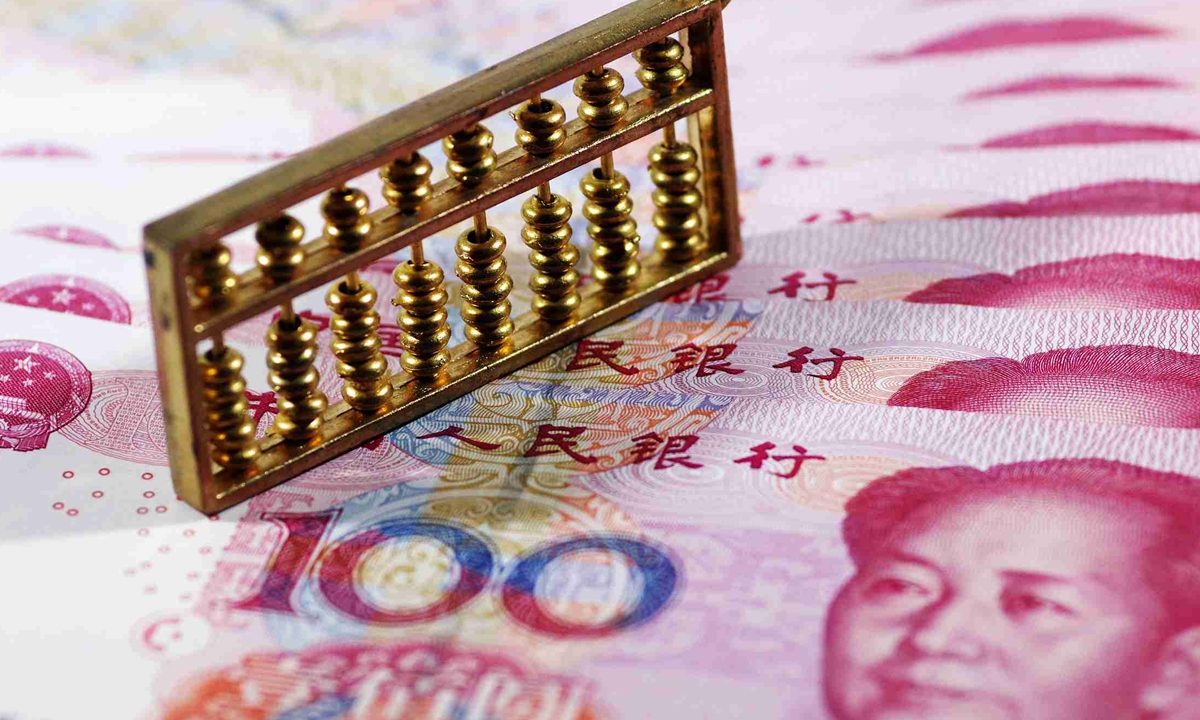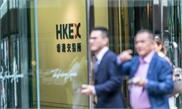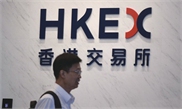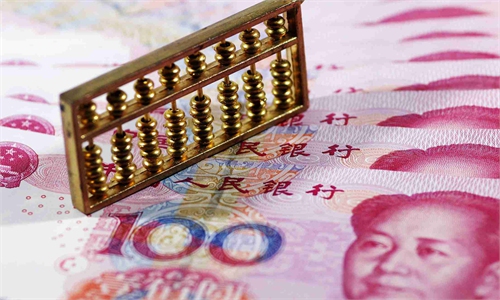Chinese yuan’s global payment share rises in May as countries seek alternatives to US dollar

Chinese yuan Photo:VCG
The Chinese yuan saw its share in global payments rise in May, a sign of the steady progress in its internationalization, as countries around the world, particularly the emerging market economies, look for a US dollar alternative and the yuan emerged as the handpicked choice for a number of countries due to the high level of mutual trust and cooperation.
The yuan's global share was up to 2.54 percent in May from 2.29 percent in April, according to the Society for Worldwide Interbank Financial Telecommunication (SWIFT), a global provider of financial messaging services. The yuan remained the fifth most active currency.
The share was the third-highest since tracking begun in October 2010, according to media reports.
The value of yuan payments grew 20.38 percent from a month ago, while in general, all payment currencies gained by 8.75 percent.
The trend mirrors the rising proportion of yuan settlements in foreign trade and the growing appeal of the yuan in global payments and settlements amid a global search for alternative to the US dollar, analysts said.
Since the beginning of 2023, global de-dollarization has gained momentum, as concerns about the US dollar's stability and doubts about the country's creditworthiness are prompting more countries to flee from the greenback.
Over the weekend, IMF Executive Director for Russia Aleksei Mozhin told Russian news portal Sputnik that it was the US that triggered the situation in which the world began to search for alternatives to the US dollar.
Mozhin noted that other national currencies are increasingly used in the world, primarily the Chinese yuan.
In Argentina, US companies such as Whirlpool Corp are seeking to make payments in the yuan for imports amid a scarcity of dollars, Bloomberg reported on Friday. The yuan's share of foreign exchange transactions hit a record 28 percent in June, up from May's 5 percent.
"The growth of yuan payments value shows that other countries are increasingly diversifying currencies for trade settlement amid global economic and financial instability," Li Yong, deputy chairman of the Expert Committee of the China Association of International Trade, told the Global Times on Sunday.
China and its trading partners are tending to use each other's currencies for trade settlement, which is a voluntary choice by these partners rather than a one-sided push by China, Li said.
This arrangement will not only save settlement costs but also provide stable expectations for currency value, he said.
Given the relative stability of the yuan's exchange rate and China's promising economic prospects, many countries have also shown willingness in making the yuan one of their reserve currencies in order to reduce potential risks of over-reliance on one currency, Li said.
The yuan's global profile has also been boosted by the launch of a much-anticipated Hong Kong dollar-yuan dual counter model, which allows stocks to be traded in both the Hong Kong dollar and the yuan at the Hong Kong Stock Exchange, on June 19.
The Hong Kong Special Administrative Region is the largest market for offshore yuan transactions, taking up 73.48 percent, followed by the UK at 5.17 percent and Singapore at 3.84 percent, according to the SWIFT report.



